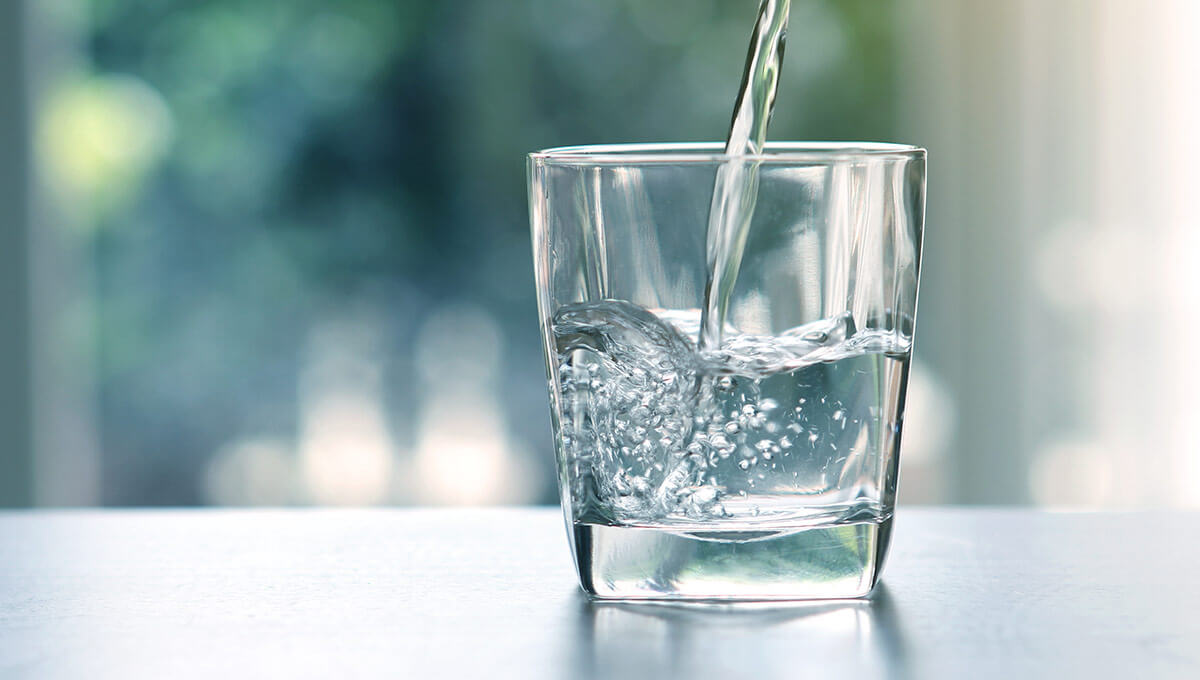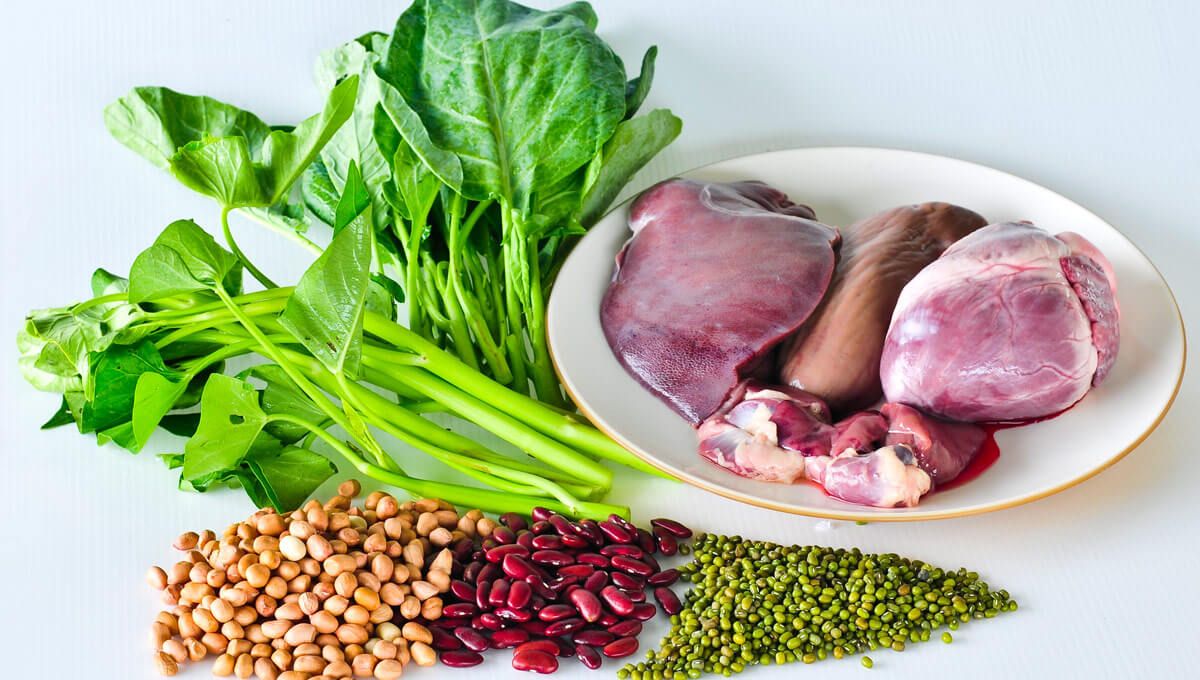
Ways to drink more water

Anaemia is still a common problem among many people. Although the disease may have many causes, it is worth remembering that one of them may be abnormal and poorly varied nutrition. How can you recognise anaemia? How should a diet be composed for anaemia in order to provide optimal support for the body?
In most cases, anaemia is a consequence of insufficient iron in the daily diet . This element plays an extremely important role for the human body, which is due to the fact that it is the main component of heme - a protein that contributes to the extremely important haemoglobin. As is widely known, haemoglobin enables the effective transport of oxygen from the lungs and its delivery to specific tissues. In addition, iron is a component of myoglobin, which is a muscle pigment that determines the storage of oxygen and co-creates various enzymatic compounds.
Anaemia can also be the result of deficiencies in many other ingredients in the diet. These include some vitamins and complete proteins (animal and plant-based alike).
When talking about a diet for anaemia, it is important to ensure, above all, optimal intake of iron. Where should it be sourced from? It is mainly worth choosing products of animal origin, which contain so-called heme iron - an exceptionally well assimilable form of the element. In the case of non-heme iron (which is found in plant products), the level of bioavailability and absorption is significantly reduced.
The role of vitamin C in the daily diet is undeniably important. This substance provides valuable support for the immune system and increases the protection of cells against oxidative stress. However, in the context of anaemia, it is important to note that vitamin C has a beneficial effect on maintaining the correct absorption of iron in the daily diet and at the same time reducing deficiencies.
The B group of vitamins such as thiamine, riboflavin, niacin and vitamins B6 and B12 provide real support for the body during anaemia. In the case of the diet, they are extremely important for maintaining the proper production of red blood cells (erythrocytes), the optimal amount of which may be disturbed due to iron deficiencies and haemoglobin deficiency. In turn, folates affect correct blood production. Vitamins from the B group support the proper functioning of the nervous system and have a valuable effect on the regulation of hormonal activity.
The diet for anaemia can be supplemented with iron. In this respect, it is worthwhile to reach for the Chela-Ferr Forte supplement from Olimp Labs. It is a product that contains an optimally specified dose of iron in the form of easily assimilable Albion® amino acid chelate which has been supplemented with folic acid and vitamins C, B 6 and B12. The supplement is made from high-quality raw materials and subjected to a necessary microbiological purity analysis.
The information below is required for social login
Sign In
Create New Account